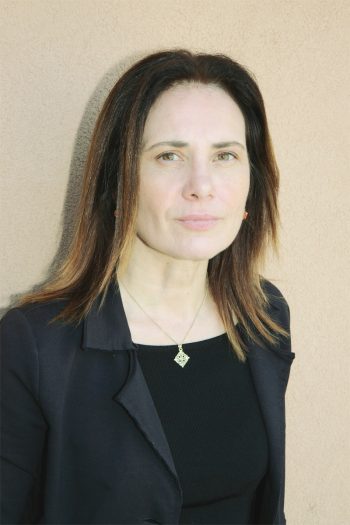2024 Programme
Event #7
Chiara Mercuri
Women’s eros. Marie de France and courtly love
Feudal love or courtly love? Stolen love or heart-pounding love? Courtly love is a new erotic language that emerged in the 12th century between France and England, thanks to the writings of Marie de France. It became prominent in Italy a century later. This form of eros is described through the eyes of women who, for the first time in the Middle Ages, claimed their right to pleasure, passion, kisses, and saliva. They are neither "angelic madonnas" nor "treacherous collaborators of the devil," these new women seek relationships built on courtesy and gratitude. It is an eros free from submission, control, and jealousy, and it fuels the great deeds of the Knights of the Round Table. This aspiration envisions a new social hierarchy, with those most capable of loving at the top, in roles of power and leadership, and the cold-hearted at the bottom.
Chiara Mercuri (Rome, 1969) is a historian, essayist, and translator. She teaches Exegesis of Medieval Sources at the Theological Institute of Assisi, Lateran University. She specialized in Medieval History in France and has collaborated with various Italian and French research institutions, including the Académie des Inscriptions et Belles-Lettres in Paris, which awarded her a prize in 2012 for her monograph "Saint Louis et la couronne d'épines." She has written for publications such as Medioevo, Moyen Age, Avvenire, Atlante Treccani, BBC History, and Prometeo. Her works include "La Vera Croce. Storia e leggenda dal Golgota a Roma" (Laterza, 2014), "Francesco d’Assisi. La storia negata" (Laterza, 2016), "Dante. Una vita in esilio" (Laterza, 2018), and "La nascita del femminismo medievale. Maria di Francia e la rivolta dell’amore cortese" (Einaudi, 2024).
Event #43extraFestival
Minotauro Institute, with Loredana Cirillo and Filippo Rosa
Thank you! What we have never told our children and students























